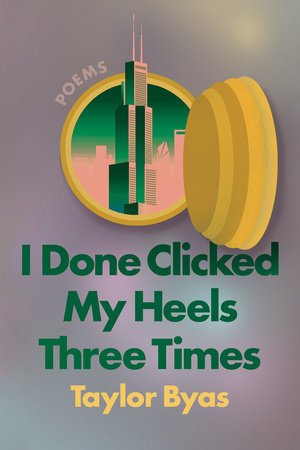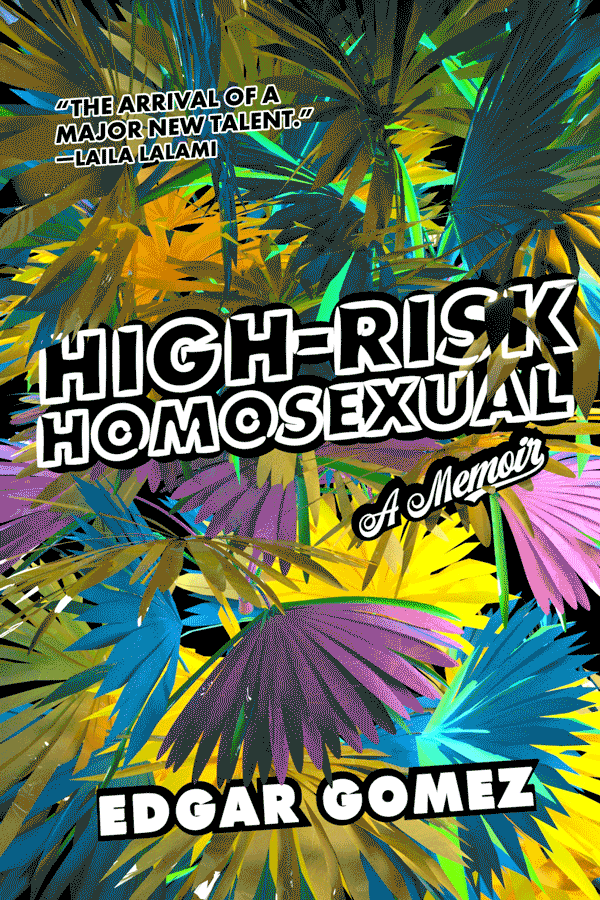My book has a cover! (and she's a bratty little beaut)
/(cross-posted from my Substack)
Hey, hi! I don’t normally send back-to-back newsletters in the same month, but I also don’t normally have such good news that I want to share right away!
This is the official cover for my forthcoming poetry collection, Cosmic Tantrum, which will be out February 15, 2025 from Curbstone Books (an imprint of Northwestern University Press). The cover is by Marianne Jankowski (mjdesign.studio) and is a real eye-catcher, IMHO. I love the bold graphics and the orbit lines and that audacious little spark at the bottom of the lightning bolt. Also, this font, which reminds me of Art Nouveau meets The Jetsons.
In addition to a cover, my book now has a page at NUP’s site where you can preorder it! (You should also be able to request by ISBN from your favorite indie bookstore.) Preorders really help authors, as they can signal to booksellers and sales reps that there’s a lot of interest in a book before it’s even out, which can mean more stores will carry the book, generating more interest, etc. 🔄
I’m running my own DIY preorder campaign inspired by a tarot offering I used to do (a mini-reading plus a custom poem). If you’re one of the first 50 preorders (and want this, lol), I will pull three cards for you and write you a little something in response to them. If you’re one of the first 100 preorders, I will send you a signed bookplate. ✍️
If those goodies are of interest to you, email a copy of your receipt to me at cosmictantrum [at] gmail [dot] com and let me know what address I can snail mail your goods to. 💌
Many thanks to Marianne Jankowski, my editor Marisa Siegel, and the whole NUP team. And many, many thanks to Rachel Feder, Taylor Byas, and Mattilda Bernstein Sycamore, who wrote such beautiful blurbs (and to Lucy Ives, whose beautiful blurb came in after the original version of this post went out):
“William Blake taught us that nothing could be scarier than fairy tales for grown-ups. T.S. Eliot taught us that selfhood inheres in the desire for self-erasure. Somewhere in the wild space between these guiding poetics, Sarah Lyn Rogers’s Cosmic Tantrum lays a table for tea.”—Rachel Feder, coauthor of Astrolit: A Bibliophile's Guide to the Stars
“As its title suggests, Sarah Lyn Rogers’s Cosmic Tantrum brilliantly confronts society’s infantilization of women by pulling an Uno reverse. What happens when society gets the ‘good girl’ that it asks for? These poems rage during meditations, they defy in corporate emails, they turn their brattiness up so loud that we all turn to watch their meltdowns. But in our watching, we are forced to reckon with our own discomfort with Rogers’s ‘outsized’ anger. This book reminds us that a tantrum is often a result of our own inattention and neglect. How do we soothe the monster we’ve created?”—Taylor Byas, author of I Done Clicked My Heels Three Times
“Too much of this world’s currency / is shame,” writes Sarah Lyn Rogers, in Cosmic Tantrum, which frees childhood of its innocence to indict the false motives of conditional love. Flipping the language of business, fairy tale, and dissolution, Rogers rewrites girlhood to offer a refuge from domesticity. Shifting form and address to reason with Kafka, Charlie Brown, Little Edie in Grey Gardens, and the ghosts that haunt survival, Cosmic Tantrum summons mischief to banish harm." —Mattilda Bernstein Sycamore, author of Touching the Art
“It seems incredible—nay, impossible—that so many great poems could reside in a single collection, but, reader, it is credible and it is possible, because this is a book by Sarah Lyn Rogers. I read each page with absolute greed, astonished by this jewel-like horde of gorgeous ironies and hard-won information about things hidden since the start of the world.” —Lucy Ives, author of An Image of My Name Enters America
Thank you so much for celebrating with me!





